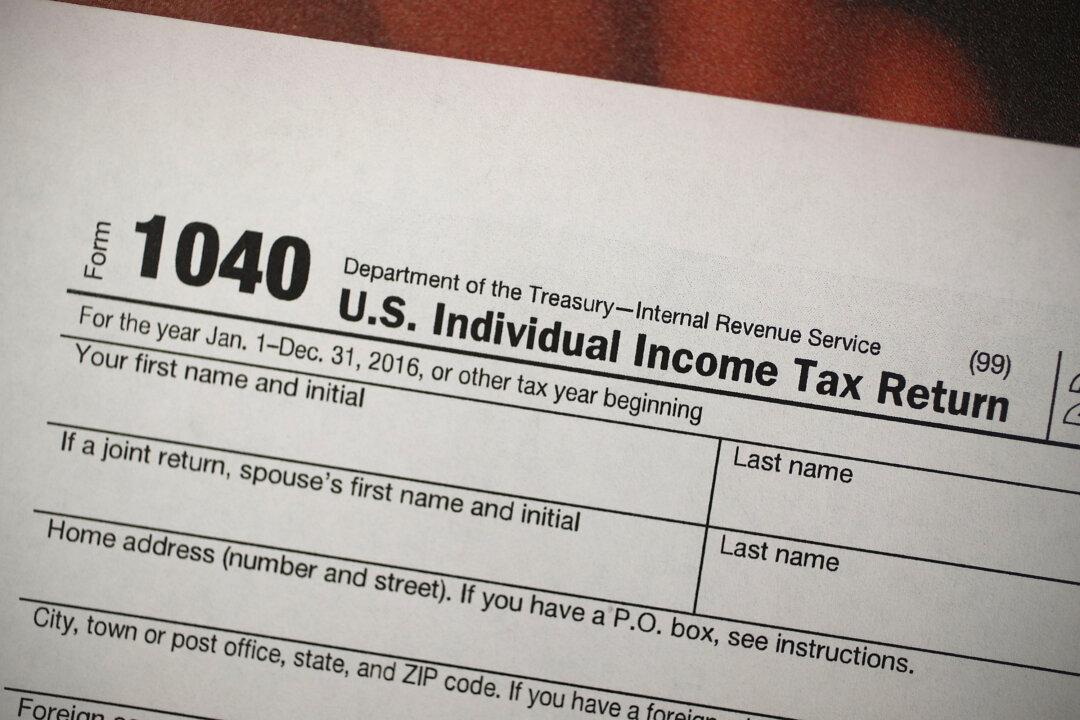Tax season can be pretty daunting for small business owners and freelancers. If you pay quarterly taxes, you may realize that you need to be more on top of your tax documents and track your business finances efficiently.
Falling behind on your taxes years after year is all-too-easy when you’re running a business. It can also be stressful if you’re constantly pushing the federal deadline.






